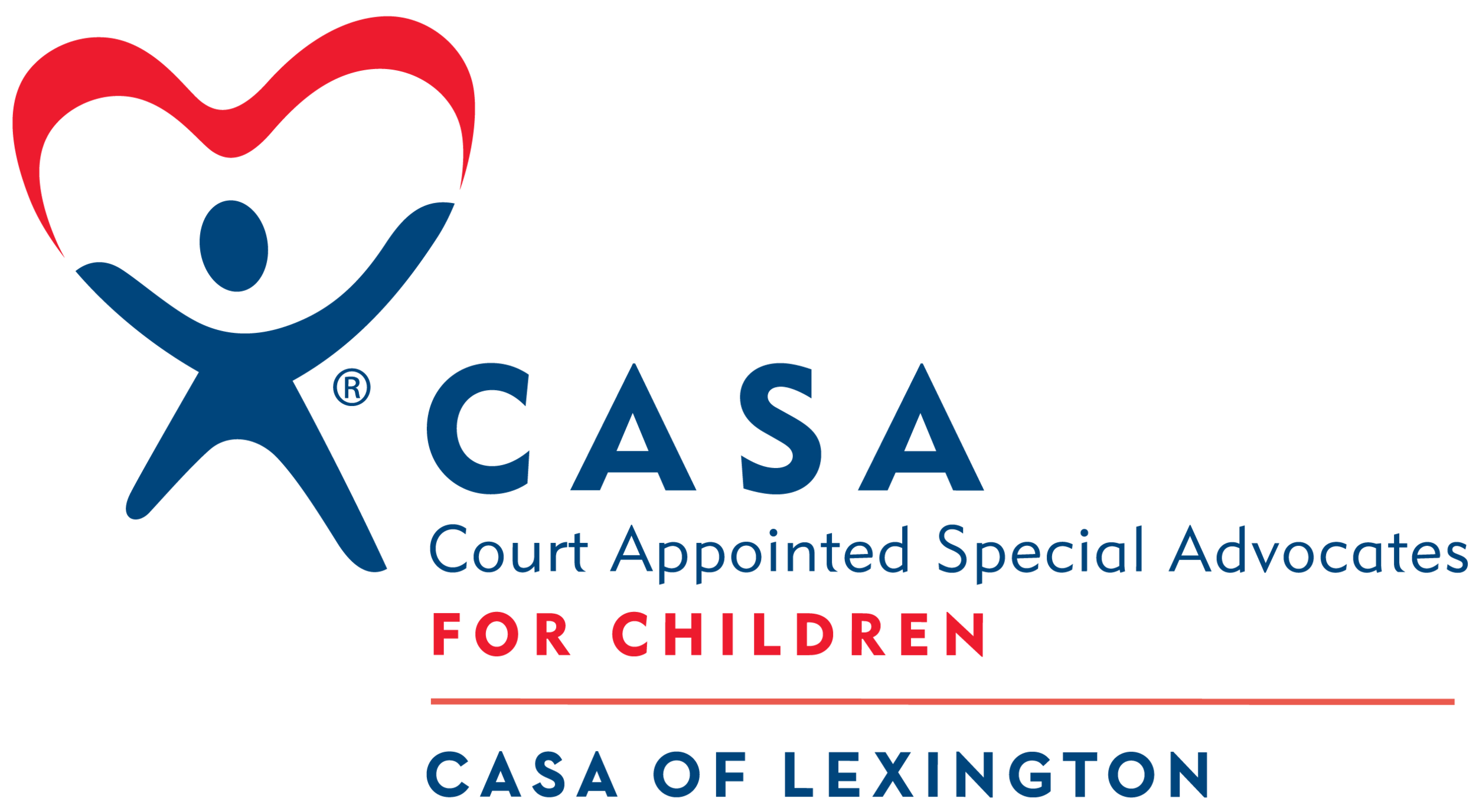Former foster parent continues serving children’s best interests as CASA volunteer in Lexington
CASA Volunteer of the Month Michelle Bridges
When Michelle Bridges and her husband were foster parents, their foster child had a CASA volunteer — a trained community member appointed to advocate for the child’s best interests.
“She made a big difference in our foster daughter’s life,” Bridges said. And so, “When I knew God was releasing us from our season of being foster parents, I decided to join CASA.”
Bridges has now served as a CASA volunteer for two years, advocating for four abused and neglected children during that time. And this month, she is a CASA of Lexington Volunteer of the Month.
“Michelle earned Volunteer of the Month because of all the hard work and thinking outside the box that she does on her current case,” said Rebecca Brereton-Farr, Bridges’ Volunteer Manager. “She visits her CASA children consistently and has learned just about everything about them. Her CASA kids know exactly who she is and that she is someone they can trust. And they are always happy to see her and chat her ear off!”
Because of Bridges’ experience as a foster parent, she’s also able to answer questions that foster families may have on her cases, Brereton-Farr noted.
“She is definitely a role model for the kids on her case,” she said. “And the social worker and Guardian ad Litem (attorney for the child) on this case know that Michelle may have details they don’t, given how she has built such great relationships with her CASA kids and their family.”
CASA volunteers complete a 30-hour training and then get matched with cases of abused and neglected children in the local family court system. They visit with their matched children monthly, talk to adults involved in the children’s lives and can review records about the children.
CASA volunteers give reports and recommendations to the judge on the case, often providing information that would not have otherwise been available. Children who receive a CASA volunteer are more likely to do well in school, have fewer movements while they in the system and are far less likely to re-enter the system after their cases close.
“It has been rewarding getting to know the families of the children and seeing each child and each person involved — getting to know their unique needs,” Bridges said. “Getting to know the kids has been one of the biggest impacts on me.”
Bridges said she serves as a CASA volunteer because she feels called to give of her time and from her heart.
“I don’t want it to be about me,” she said. “I don’t do it because it’s fulfilling for me. I do it because the children need it.”

